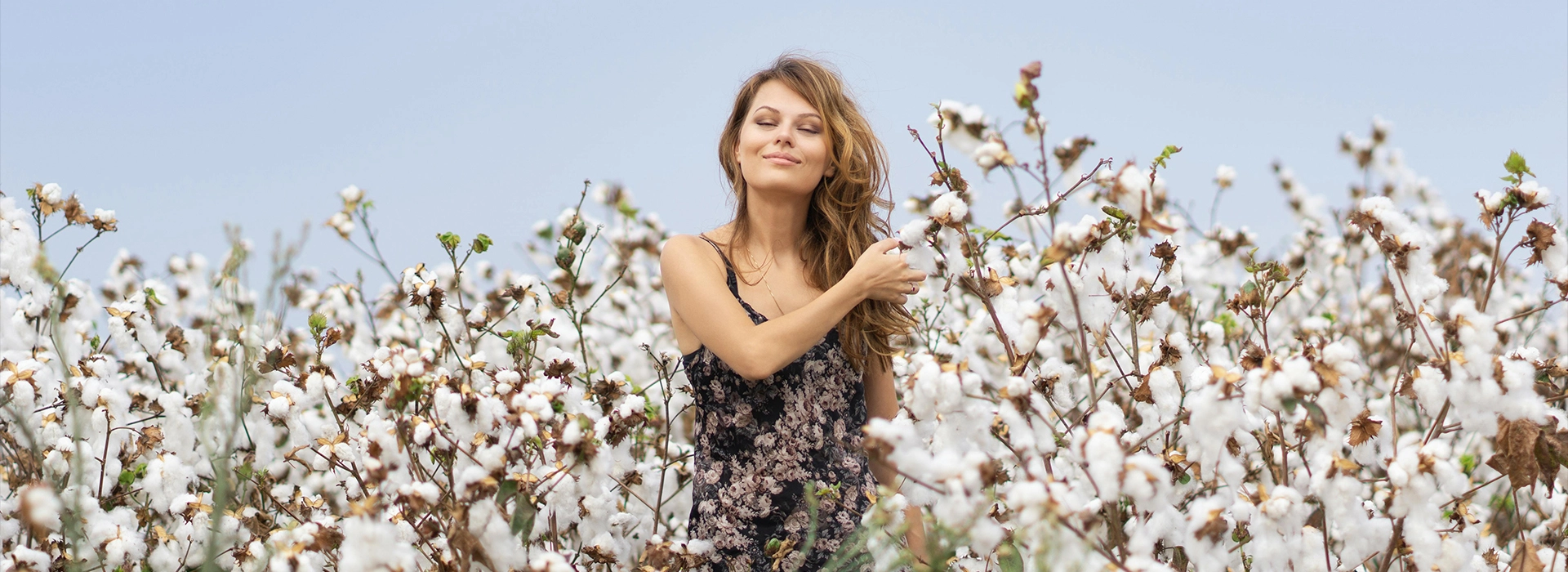After removing feminine care products, wrap them in toilet paper and place them in a sanitary disposal container or trash can. Tampons, sanitary napkins and pads should not be flushed down the toilet.


BI-Ehealthcare offers a healthy and traceable product process, aiming to focus on the health of our products through their production cycle.

BI-Ehealthcare offers a wide range of feminine care products, including sanitary napkins, liners, menstrual pants and incontinence wipes, to meet the needs of users in different occasions.

BI-Ehealthcare emphasizes its concern for the environment and thoughtful care for women and girls, while providing information on product safety and privacy policies, exploring environmentally friendly products, and demonstrating the brand's sense of social responsibility.

After removing feminine care products, wrap them in toilet paper and place them in a sanitary disposal container or trash can. Tampons, sanitary napkins and pads should not be flushed down the toilet.
You can choose to contain SAP or not, and customize as well. Tampons do not use highly absorbent polymers (SAP). The absorbent material in tampons is cotton and/or rayon.
Both liners and pads provide all-day comfort during special periods and offer protection against a variety of problems such as high fluid output, leakage with use, odor, and more.
All of Crystal Island's feminine care products are designed for use on the skin. All of the raw materials used in our products have been carefully evaluated and manufactured so that they are safe and unlikely to cause reactions.
Femsecret pads and Femsecret pads are fragrance free (unless labeled as “scented”). While pads, shields and pads can be designed to contain strong fragrances, they also contain odor neutralizers for a soothing taste.
It cannot. For biodegradable products to be manufactured, they need to be fully biodegradable within one year of regular disposal. The usual disposal of pads and liners is into the trash and then to a landfill. Due to landfill conditions, items shipped to landfills do not degrade within a year. Therefore, even if the material would decompose under natural conditions, we cannot claim that the product is biodegradable.
